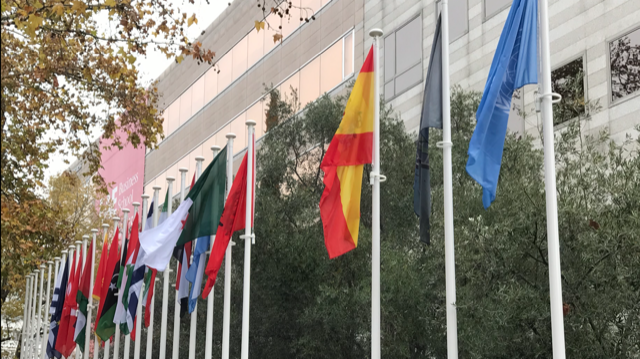

The website of the International Olive Council

Le Conseil oléicole international (COI) a participé à la 29e session du Comité du Codex sur les graisses et les huiles (CCFO), qui s’est tenue du 9 au 13 février 2026 à Kuala Lumpur, en Malaisie. Depuis plus de six...

Cette semaine sur le site de l’Olive Health Information System La newsletter de l’Université de Navarre et du COI consacrée à la santé Article 1 Le régime méditerranéen, dont la principale source de graisses est...

Bienvenue au COI, la seule organisation intergouvernementale au monde qui rassemble tous les acteurs impliqués dans la production et la consommation d’huile d’olive et d’olives de table. Vous trouverez ici un résumé...
Le COI et l’Université de Navarre, à travers l’OHIS (de l’anglais Olive Health Information System), une plateforme dédiée à la recherche sur les propriétés de l’huile d’olive et des olives de table sur la santé, publient chaque semaine ou toutes les deux semaines un recueil d’articles scientifiques et une synthèse des recherches menées dans ce domaine.
Ces articles mettent en lumière les nombreux bienfaits de ces produits pour la santé.
Vous pouvez lire les résumés de ces recherches ici en français, anglais et espagnol et accéder à la liste des articles, ou visiter le portail OHIS.
Pour toute assistance, veuillez contacter iooc@internationaloliveoil.org.


La cuisine contemporaine puise son inspiration dans le régime méditerranéen.
Apprenez-en plus sur cette collaboration entre le Culinary Institute of America et le Conseil oléicole international pour faire progresser des choix alimentaires sains, durables et délicieux, avec un accent particulier sur la formation technique et l’innovation des menus pour les chefs.